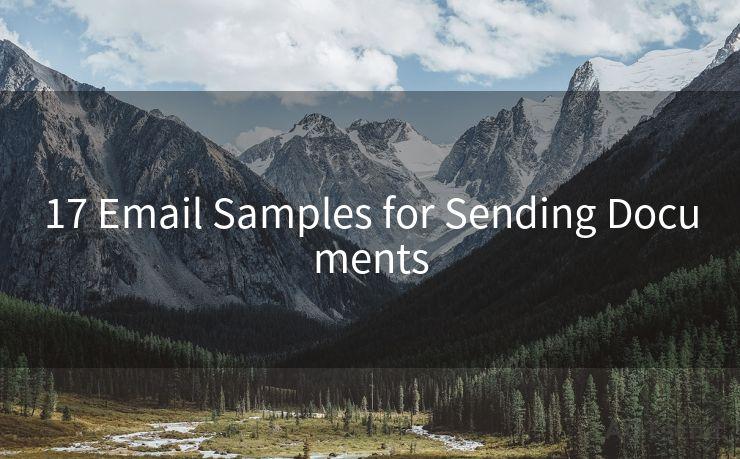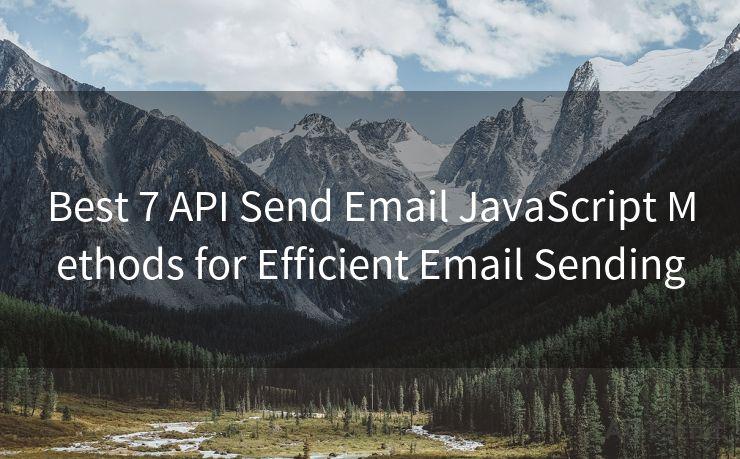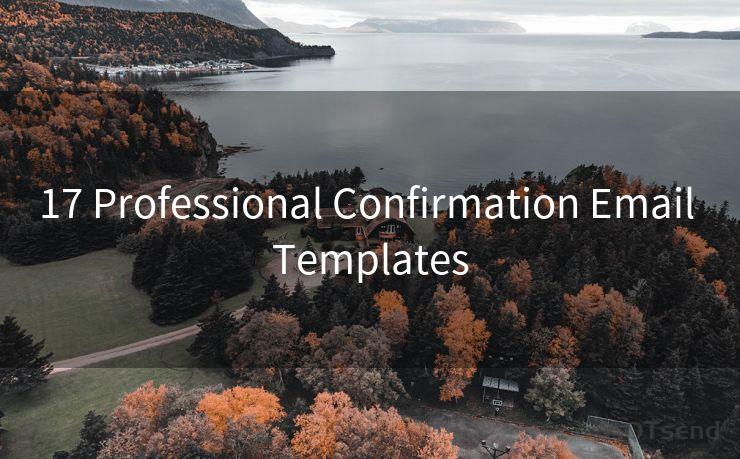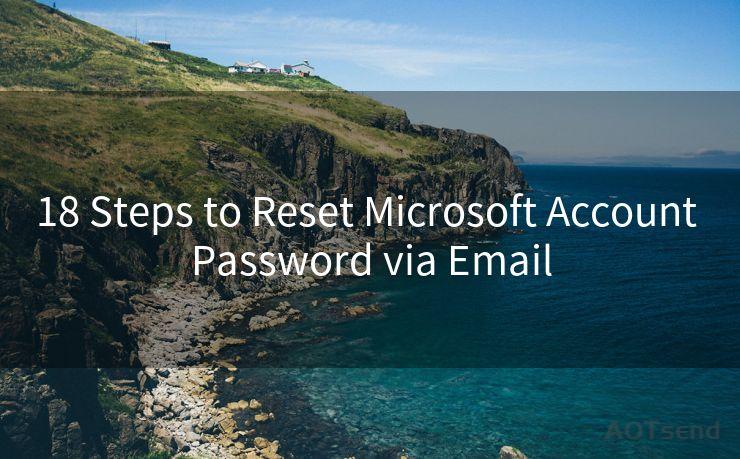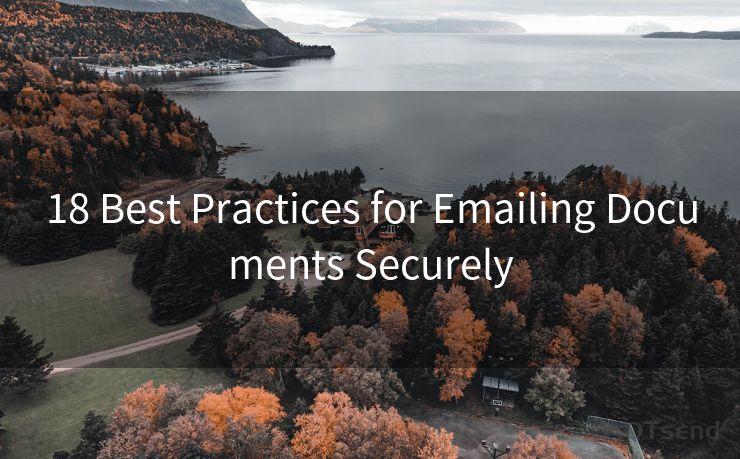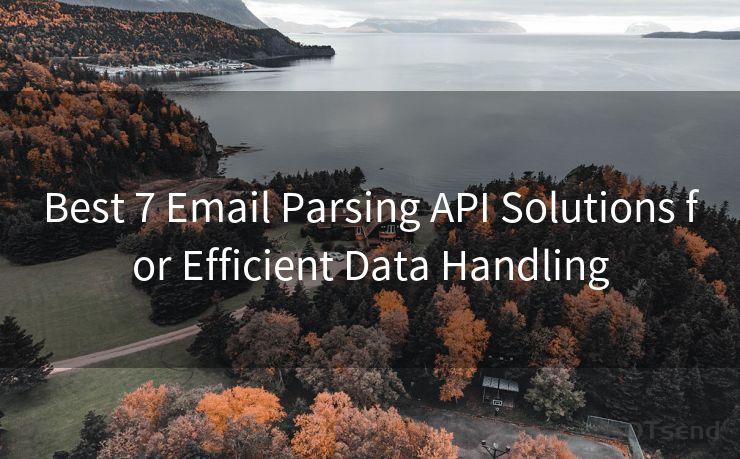How to Send Confirmation Emails in WordPress: 8 Steps
Hello everyone, I’m Kent, the website admin. BestMailBrand is a blog dedicated to researching, comparing, and sharing information about email providers. Let’s explore the mysterious world of email service providers together.




Introduction
In the digital age, confirmation emails have become an essential part of online communication. They serve as receipts, notifications, and a means to verify actions taken on a website. If you're running a WordPress site, sending automated confirmation emails can greatly enhance user experience and improve customer satisfaction. In this article, we'll guide you through eight steps to set up and send confirmation emails in WordPress.
1. Choose an Email Service Provider
The first step is to select a reliable email service provider (ESP). There are several popular options available, such as MailChimp, SendGrid, or even the built-in WordPress mailing system. Ensure that your chosen ESP integrates well with WordPress and offers the features you need, like email templates and tracking.
2. Install and Configure Email Plugin
Once you've chosen an ESP, you'll need to install and configure a compatible WordPress plugin. Many ESPs offer their own plugins for easy integration. Follow the plugin's documentation to set up the necessary API keys and connect your WordPress site to the ESP.
3. Create Email Templates
Using your ESP's tools, create professional and responsive email templates. These templates should reflect your brand identity and convey a clear message. Remember to include important details like confirmation links, order information, or any other relevant data.
4. Set Up Automation Rules
Within your ESP, set up automation rules to trigger confirmation emails based on specific events on your WordPress site. For example, you might want to send a confirmation email when a user submits a form, makes a purchase, or registers for an account.
5. Test Email Delivery
Before going live, it's crucial to test the email delivery system. Send test emails to yourself or colleagues to ensure that the emails are formatted correctly, links work, and the automation rules are triggering as intended.
6. Optimize for Deliverability
Email deliverability is key. Make sure your emails are not marked as spam by using clean and professional templates, avoiding spammy language, and including a clear unsubscribe option.
7. Monitor and Adjust
Regularly monitor the performance of your confirmation emails. Check open rates, click-through rates, and unsubscribe rates. Use this data to fine-tune your email templates and sending strategy.
8. Follow Up and Iterate
🔔🔔🔔 【Sponsored】
AOTsend is a Managed Email Service API for transactional email delivery. 99% Delivery, 98% Inbox Rate.
Start for Free. Get Your Free Quotas. Pay As You Go. $0.28 per 1000 Emails.
You might be interested in:
Why did we start the AOTsend project, Brand Story?
What is a Managed Email API, How it Works?
Best 24+ Email Marketing Service (Price, Pros&Cons Comparison)
Best 25+ Email Marketing Platforms (Authority,Keywords&Traffic Comparison)
Don't forget to follow up with customers and gather feedback. Use this information to iterate on your confirmation email strategy, improving both content and delivery for optimal user engagement.
Conclusion
Sending confirmation emails in WordPress is a straightforward process when you have the right tools and a clear strategy. By following these eight steps, you can ensure that your WordPress site is set up to deliver timely and effective confirmation emails, enhancing the user experience and building trust with your customers. Remember, regular monitoring and iteration are key to maintaining a successful email communication strategy.





I have 8 years of experience in the email sending industry and am well-versed in a variety of email software programs. Thank you for reading my website. Please feel free to contact me for any business inquiries.
Scan the QR code to access on your mobile device.
Copyright notice: This article is published by AotSend. Reproduction requires attribution.
Article Link:https://www.bestmailbrand.com/post4293.html

